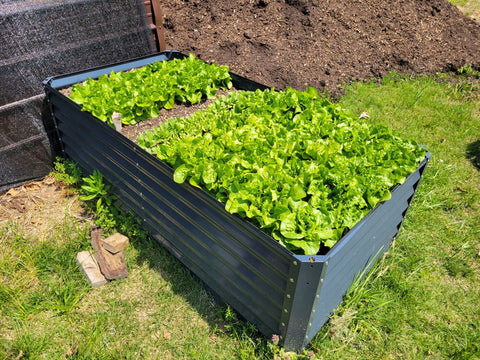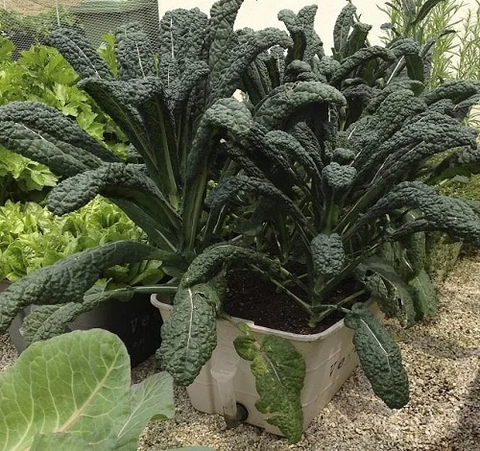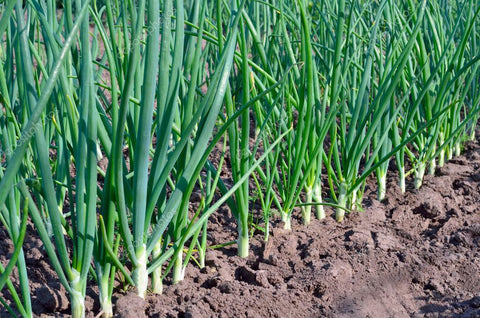In the world of gardening, where sunlight, water, and soil take center stage, there's a silent player that often goes unnoticed but plays a crucial role in the overall health of your garden – mulch. Mulching is a simple yet powerful practice that can make a significant difference in the vitality of your plants and the overall aesthetics of your garden. In this article, we'll explore the various benefits of mulch and why it should be an essential component of your gardening routine.The following content also has some reference value for raised garden beds.

Conserving Moisture
One of the primary functions of mulch is moisture conservation. Mulch lowers water evaporation by covering the soil with a protective layer. This means that your plants retain more moisture, especially during hot summer months or in areas prone to drought. Conserving water not only benefits your plants but also contributes to water conservation efforts.
Weed Suppression
Mulch acts as a natural barrier against weeds, preventing them from sprouting and competing with your plants for nutrients and water. By creating a physical barrier between the soil and sunlight, mulch inhibits weed growth and minimizes the need for harmful herbicides. This, in turn, reduces the time and effort spent on weeding, allowing you to focus on more enjoyable aspects of gardening.
Regulating Soil Temperature
Maintaining an optimal soil temperature is crucial for plant health. Mulch serves as an insulator, helping to regulate soil temperature by providing a buffer against extreme heat or cold. This is particularly beneficial for plants with shallow roots that are more susceptible to temperature fluctuations. Additionally, a consistent soil temperature promotes healthy microbial activity, fostering a thriving ecosystem beneath the surface.

Preventing Soil Erosion
Erosion can be a significant concern in gardens, especially in areas with sloping terrain or heavy rainfall. Mulch acts as a protective layer, preventing soil particles from being washed away by rain or blown away by the wind. This not only helps to maintain the integrity of your garden beds but also protects nearby water sources from sedimentation.
Enhancing Soil Fertility
As mulch breaks down over time, it contributes organic matter to the soil. This organic matter improves soil structure, aeration, and nutrient content. In essence, mulch becomes a natural fertilizer, enriching the soil and providing essential nutrients for plant growth. This gradual release of nutrients promotes long-term soil health and reduces the need for synthetic fertilizers.
Aesthetic Appeal
Beyond its practical benefits, mulch adds a finishing touch to your garden's visual appeal. It provides a neat and uniform surface, creating a polished and well-maintained appearance. With various types and colors of mulch available, you can customize your garden's aesthetic to complement your overall landscaping design.

Conclusion
In the grand symphony of gardening, mulch may not take center stage, but its role is undeniably vital. From conserving moisture to enhancing soil fertility, mulch contributes to a healthy, vibrant garden. As you plan your next gardening project, consider the benefits of mulch and how this simple practice can elevate your gardening experience while promoting sustainability and environmental stewardship.









